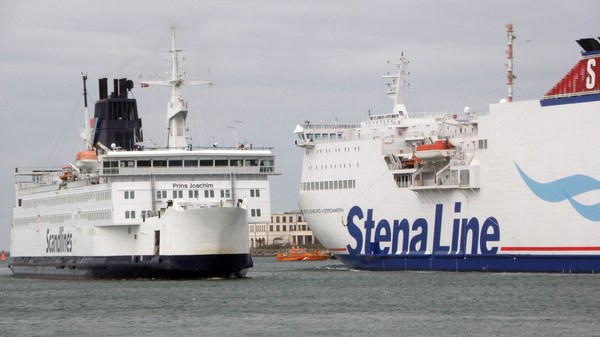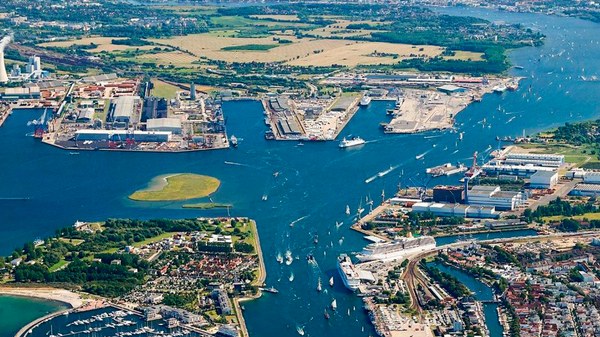R-Mode Baltic und R-Mode Baltic 2
The project aims to develop a technical system that enables safe ship navigation when established global satellite navigation systems fail due to intentional or unintentional interference. The Baltic Sea is the first operational test area for this technology worldwide, providing R-mode signals in two frequency bands.




